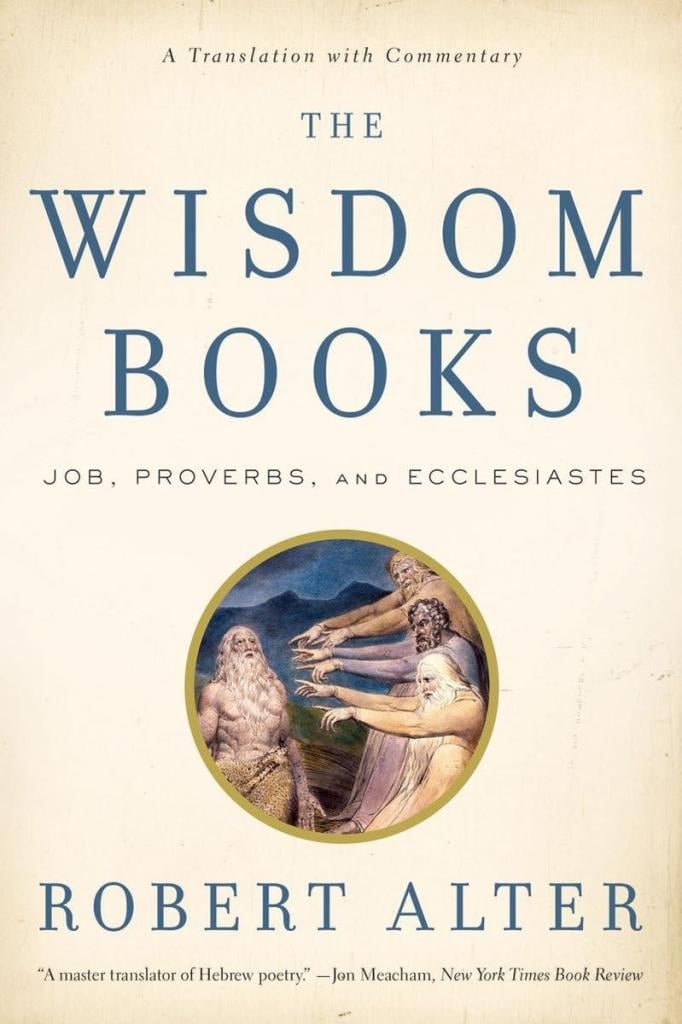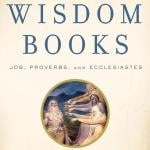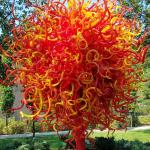One of the best and most interesting translations of the Wisdom Literature is Robert Alter’s. As he points out, because maxims and proverbs are a compact form of wisdom, in the Hebrew it may amount to very few words, which when translating necessarily involves some interpretation, as we shall see. Wisdom literature was common in the ANE, and indeed, if you look at the end of the book of Proverbs there is incorporated wisdom from various foreign sources, including from Egypt. But what makes Israel’s wisdom distinct is its theological component and orientation. From the beginning in Prov. 1.7–‘the fear (or revering) of the Lord is the beginning of knowledge.’ Ostensibly this is wisdom from a father to a son, but actually, it is a collection from the royal courts, in this case from Solomon’s and others, and the father is a father figure– a wise man teaching a younger man. Already in Prov. 1.16 we are introduced to the figure of personified Wisdom, who as Hokmah (the Hebrew feminine noun) is a woman preaching wisdom at the town gates. The promise at the end of the chapter in vs. 33 is a regular refrain– if you follow the advice of the sage,you will likely dwell secure and be kept from even the fear of harm. Again, this assumes a normal set of social circumstances, unlike in Ecclesiastes which situation is so out of joint it calls for counter-order wisdom, which would be counter intuitive in normal circumstances.
In Prov. 2.10 we hear that ‘wisdom will enter your heart’ which reminds us that like many ancient cultures, the heart was seen as the seat of knowledge, as well as feelings and will. The ancients did not really know or understand the function of the brain very well. There is already here, and in contrast to Woman Wisdom, the sort of woman who would lead a young man down the garden path to sexual immorality. You see the contrast most dramatically in Prov. 8 and 9. One of the other constant themes is if one lives wisely, one is likely to have a long life, and also to prosper. Again, this is a generalization assuming both things are possible in the setting in which this advice is given. It certainly would not be true for instance in a war torn land like Gaza is today.
As Prov. 4.7 says, the beginning of wisdom is to obtain wisdom— to learn it from the wise and take it to heart. In Prov. 6.6-11 we see that some of this wisdom comes from carefully studying the ways of lesser creatures, in this case the industrious ant, who is contrasted with the slothful human.
Prov. 8.22-31 tells the tale of pre-existent Wisdom who was there before the foundation of the world, consulting with God in the making of all things, but she in turn has her beginnings before any of the material creation is created. Not surprisingly, this leads to some of the high Christology in Col. 1 and elsewhere where Christ is called ‘monogenes’ which could be rendered first born (which comports with what is said in Prov. 8) but perhaps just means first, pre-eminent before anything was created.














